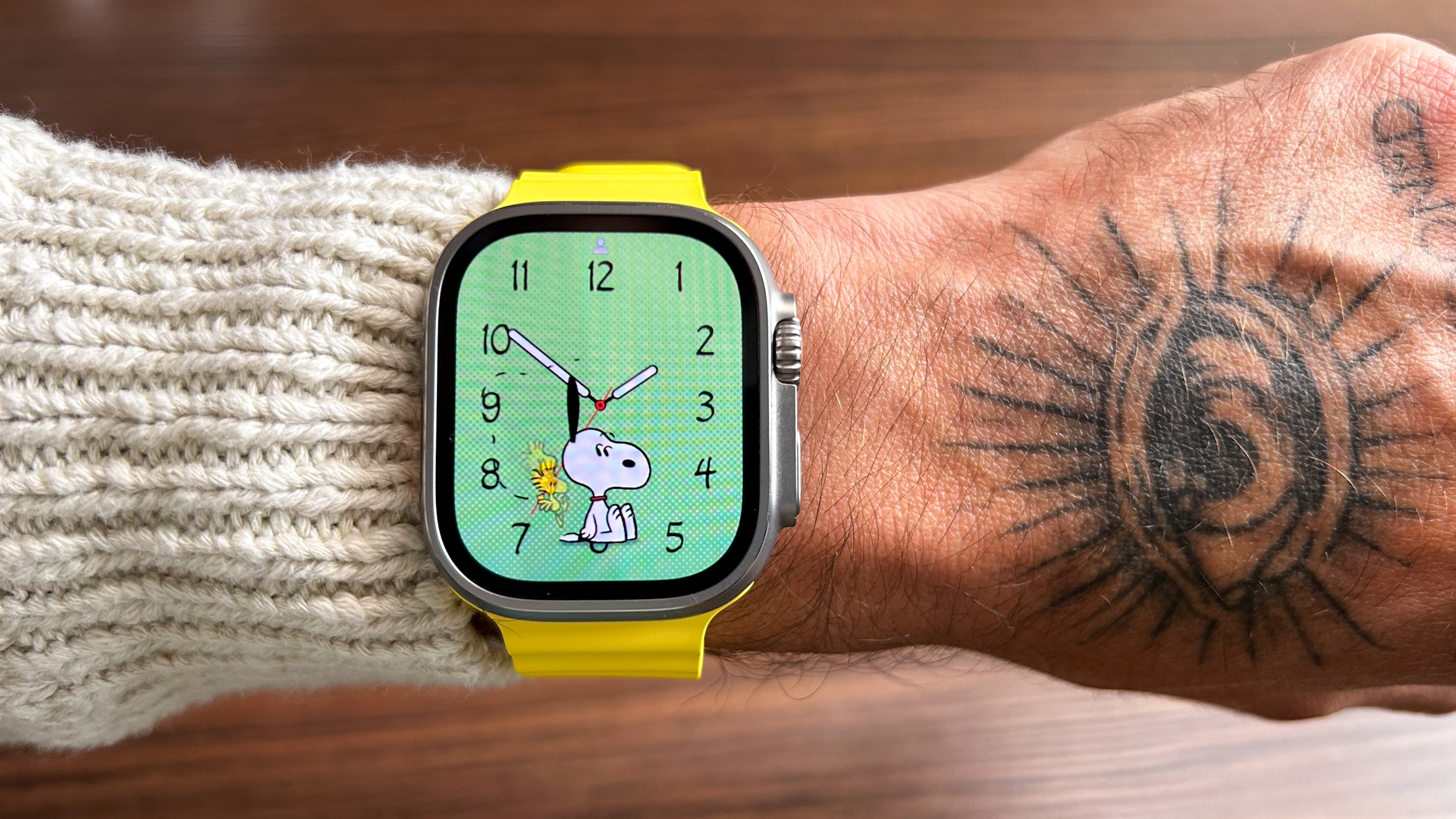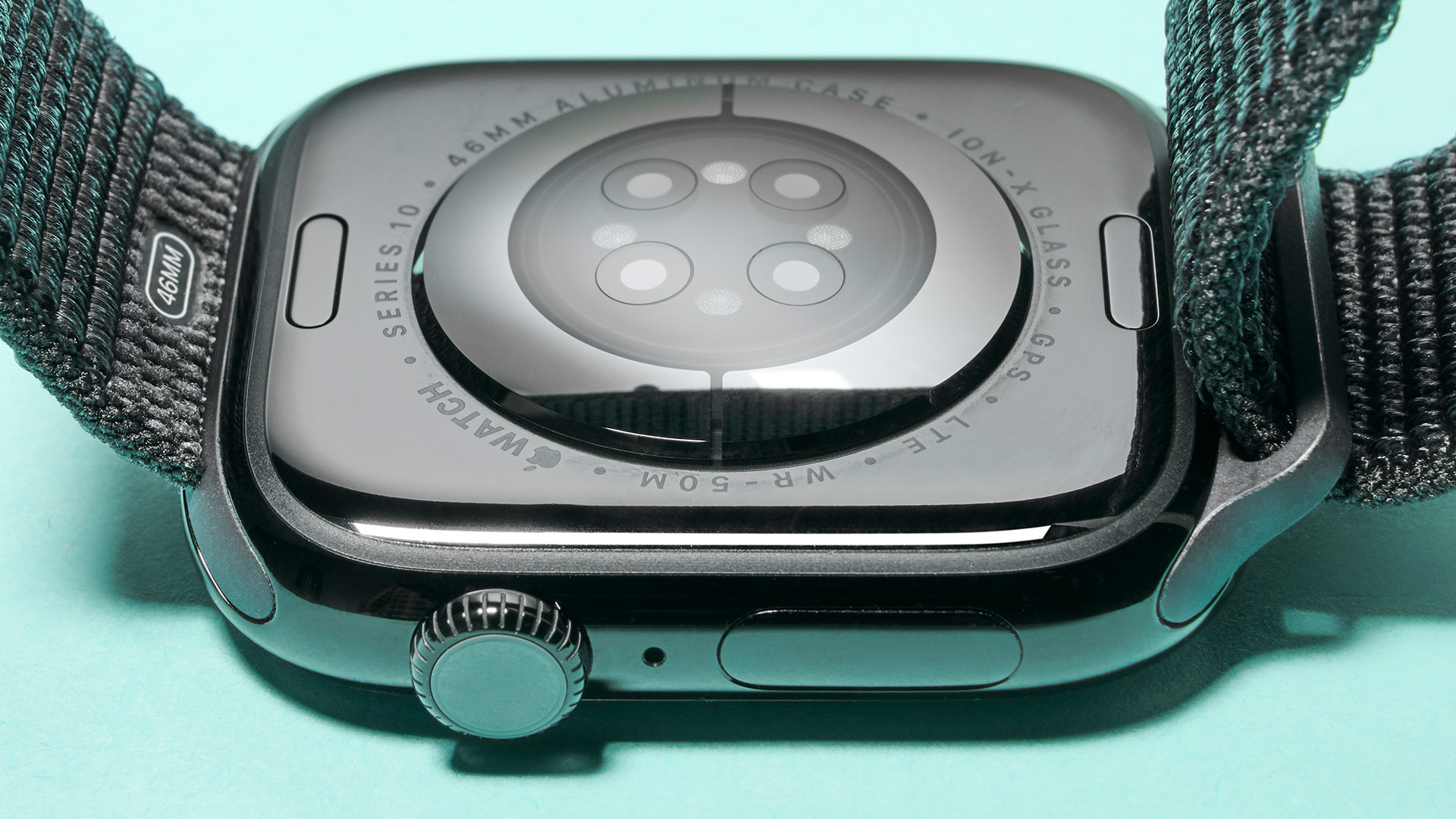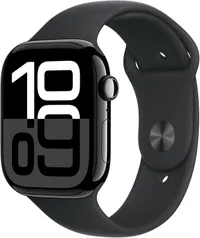Apple’s next big Apple Watch upgrade might change how often we upgrade our wearables
Research shows that AI-powered data analysis can improve current-gen hardware


Get all the latest news, reviews, deals and buying guides on gorgeous tech, home and active products from the T3 experts
You are now subscribed
Your newsletter sign-up was successful
Apple just revealed one of its most promising health tech breakthroughs yet, and it doesn’t require new sensors, new straps, or even a new Apple Watch.
A study published on Apple’s Machine Learning Research site outlines how the company is training foundation models on billions of hours of Apple Watch data to predict health conditions using behavioural patterns, not just raw biometric signals.
The research, known as “Beyond Sensor" (fair warning: it's quite technical), was presented at ICML 2025 (one of the world’s biggest AI conferences).
It introduces the Wearable Behaviour Model – or WBM for short – and it’s surprisingly clever.
Unlike older health models that rely heavily on things like heart rate and step count in isolation, WBM learns to spot more subtle patterns: how your walking changes over time, how consistently you sleep, or even how you respond to medication.
The latest Apple Watch Series 10 is a fantastic smartwatch, offering a bright and vibrant display, a huge range of features and a slim and slender design that's comfortable to wear day and night. At £295 for the 42mm model, this deal is the cheapest it's ever been.
According to TechRadar, Apple trained this model on a jaw-dropping 2.5 billion hours of Apple Watch data collected from over 160,000 users through its Heart and Movement Study.
In early testing, this approach delivered up to 92% accuracy in detecting pregnancy, using behavioural signals alone, without tapping into cycle tracking or temperature sensors.
Get all the latest news, reviews, deals and buying guides on gorgeous tech, home and active products from the T3 experts
Apple’s AI model was also good at flagging whether someone is on beta blockers (a common heart medication), or dealing with fatigue or cognitive decline, all through interpreting how they move, rest, and exercise.
Not just numbers
The idea is simple, but powerful: instead of just counting steps or checking your heart rate, your Apple Watch could soon understand what that data means.
That might lead to early warnings for subtle health shifts, offering smarter alerts or coaching inside the Fitness and Health apps.
9to5Mac explains that Apple used 27 different behavioural metrics, such as mobility, energy burn, cardio fitness and sleep patterns, feeding that into a machine learning model similar to a Transformer (like the one that powers ChatGPT).
AppleInsider adds that when WBM is combined with raw sensor data, like heart rate or accelerometer readings, the health predictions get even better.
Making the most of your current wearables
Best of all, this could all run on existing Apple Watch hardware. No new sensors. No Watch Ultra 3 necessary.
Just smarter software, rolled out via watchOS updates and the Apple Intelligence platform announced at WWDC.
The brand has already started testing the waters with the AirPods Pro 2, which 'only' received the new Hearing Aid mode last year instead of a physical update.

Re-evaluating sensor data
It's not impossible to imagine a world where, as AI/machine learning algorithms get smarter, we'll see a slower physical update cadence, which would be beneficial for both customers and the planet.
An alternative (admittedly less favourable) would be that Apple puts the advanced health data behind a paywall.
Many brands, including Garmin and Oura, initially had no subscription-based features and introduced these later.
And even though Apple has a subscription service for its wearables (see also: Apple Fitness+), the company offers the core functionality of its devices without extra fees.
Apple hasn’t said when this AI upgrade will go live, but with watchOS 11 already introducing Training Load and Vitals app enhancements, it feels like we’re not far off.

Matt Kollat is a journalist and content creator for T3.com and T3 Magazine, where he works as Active Editor. His areas of expertise include wearables, drones, action cameras, fitness equipment, nutrition and outdoor gear. He joined T3 in 2019.
His work has also appeared on TechRadar and Fit&Well, and he has collaborated with creators such as Garage Gym Reviews. Matt has served as a judge for multiple industry awards, including the ESSNAwards. When he isn’t running, cycling or testing new kit, he’s usually roaming the countryside with a camera or experimenting with new audio and video gear.
You must confirm your public display name before commenting
Please logout and then login again, you will then be prompted to enter your display name.
